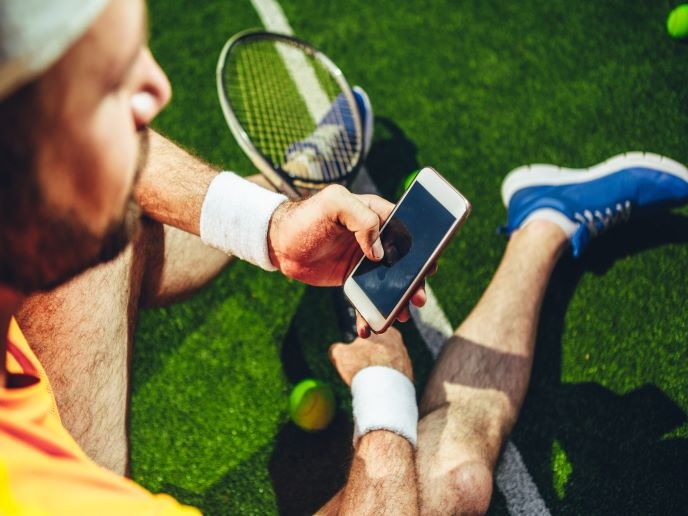Gamifying healthier lifestyles
The EU-supported GOAL project developed a range of games and applications designed to help, and motivate people, to improve or maintain socially engaged, physically and cognitively active lifestyles. They are available via mobile and web apps. Users choose to take on the role of an ‘achiever’, seeking to improve or maintain their lifestyle, or a ‘supporter’, supporting others in their efforts. The system is designed to blur the boundaries between the two roles the more it is used, with achievers urged to care for others and supporters encouraged to address their own lifestyles.
The GOAL ‘ecosystem’
GOAL models users’ profiles are based on past activity and achievements, as well as data about their age, gender and weight. This allows the system to generate tailored cognitive and physical ‘goals’. The platform also manages ‘tasks’ created for users by their peers to encourage social interaction, such as doing someone’s shopping or visiting them. Users engage with the functionalities of the platform via a specially designed Application Programming Interface (API). At the heart of user engagement are the applications and games, either specifically built for GOAL or externally available (such as the World of Kingdoms strategy game) and connectable to the platform using the API. Once connected, the game has access to users’ physical activities, goals and tasks and their progress. The API allows the games to report users’ scores, for example from games addressing different cognitive functions (like memory, general knowledge or reasoning), to update their achievements on the GOAL platform. “Both players and game developers benefit from this interaction. Games are categorised into the cognitive functions they support and so players can monitor their progress in these categories. Game developers get access to their players’ physical and cognitive achievements, which allow them to build an entirely different type of game, such as so-called ‘exergames’, more related to the physical world and so more engaging and beneficial,” says Dr Aristodemos Pnevmatikakis, technical coordinator of GOAL. The physical activity of users is measured and characterised by employing smartphone sensors or dedicated activity trackers (like Fitbits) and then processing the incoming data using specially designed algorithms, which update the users’ profiles. GOAL users are rewarded in GOAL coins for making progress towards their goals and tasks, which they can spend to reward others or within games, for example to unlock advantageous features.
Expanding the benefits of gamification
The GOAL team ran four rounds of evaluations of the technology, testing with a progressively wider audience, starting from tech-aware participants (recruited by a partner routinely running these evaluations) to the general public. The platform and associated apps were updated based on feedback. The GOAL platform is now freely available to the public via the API. Additionally, interested developers can contact the project team for their free API key and then expand and upgrade its functionalities, as well as its portfolio of applications and games. The team expect the technology to be managed by a company towards the end of this year. After additional work to improve the user experience, optimise the battery consumption and fine-tune the overall functionality, a market launch is also anticipated shortly afterwards. “If all goes well, an insurance company will be our first customer at the end of the year,” says Dr Pnevmatikakis.
Keywords
GOAL, gamify, healthy, active, physical, cognitive, API, lifestyle

